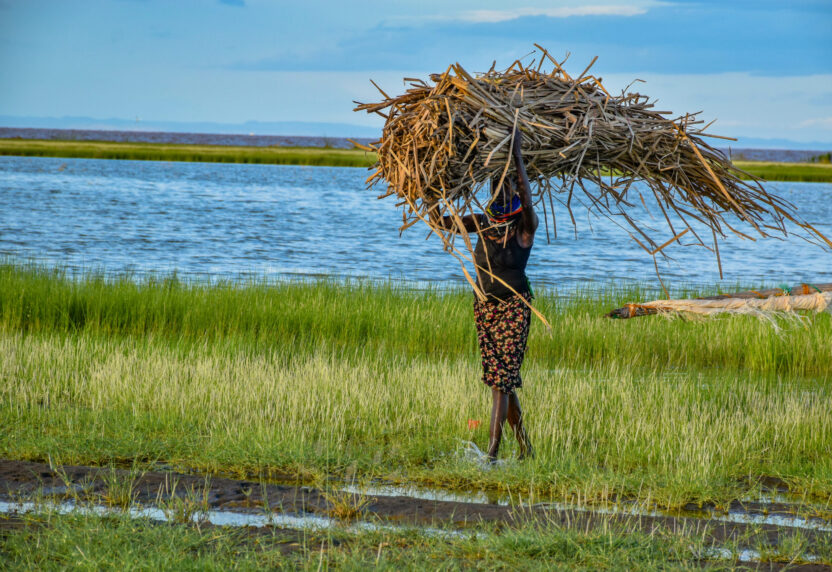
Wetlands for Climate Action
2024 was the warmest year on record and forecasts show further rise in temperatures expected in the next 5 years.
Water is one of the hardest hit resources of a changing climate. Sea levels are rising and frequent floods and droughts continue to leave communities more vulnerable. In 2025 alone, floods caused immense losses to countries across the world like Pakistan, Nepal, and the US while droughts have persisted in Africa, Europe and South America causing crop failures and wildfires.
Wetlands are on the frontlines of the climate crisis. They are essential parts of the carbon cycle and are crucial to mitigating climate change. Peatlands, for example, though only covering about 3% of our planet’s land, store approximately twice the amount of carbon of all the world’s forests’ biomass combined. Coastal ecosystems like seagrass meadows and mangrove forests account for 50% of the ocean’s carbon absorption. Conversely, the loss and degradation of wetlands releases stored soil carbon. Around 4% of anthropogenic emissions currently come from degraded peatlands alone.
Wetlands are also central to climate adaptation. Peatlands act like sponges – absorbing excess water during periods of high precipitation and releasing it slowly during droughts. The strong, sturdy roots of mangroves can reduce wave energy by 66%, reducing property damage and protecting over 15 million people. Healthy floodplains and connected rivers can mitigate the impacts of floods while delivering sediment that keeps populated deltas above water levels.
In addition to their role as climate superheroes, wetlands supply nearly all of the world’s freshwater. In fact, wetlands are so central to the water cycle on earth that a world without wetlands would be a world without freshwater.
Unfortunately, we are losing wetlands at scale. In fact, since 1970, all natural wetland types have declined.
Furthermore, wetlands are undervalued in decision-making processes. Despite generating ecosystem services worth up to $39 trillion USD per year, they are not adequately accounted for in national planning or economic systems. Underinvestment is the biggest barrier to action. Current biodiversity funding accounts for just 0.25% of global GDP. But bridging the wetland finance gap requires bold policies, public–private partnerships, and innovative tools.
Water and wetlands do not adhere to political boundaries (in fact, 60% of the world’s freshwater is transboundary), making international cooperation crucial in managing water resources and protecting wetlands.
Wetlands International will be participating in World Water Week, where we will share our experiences and expertise in scaling up wetland restoration and protection to achieve global climate goals. Join us on-the-ground or register online (for free) to keep up with our activities.


